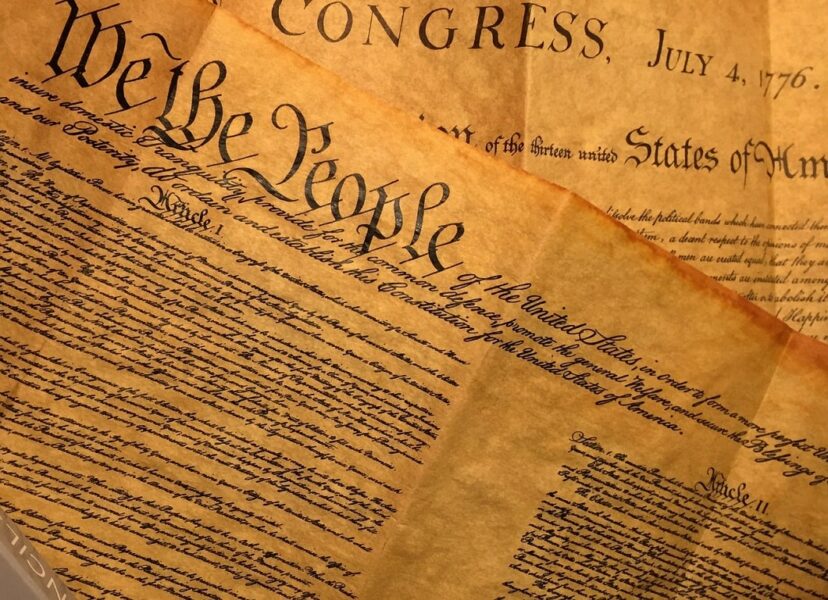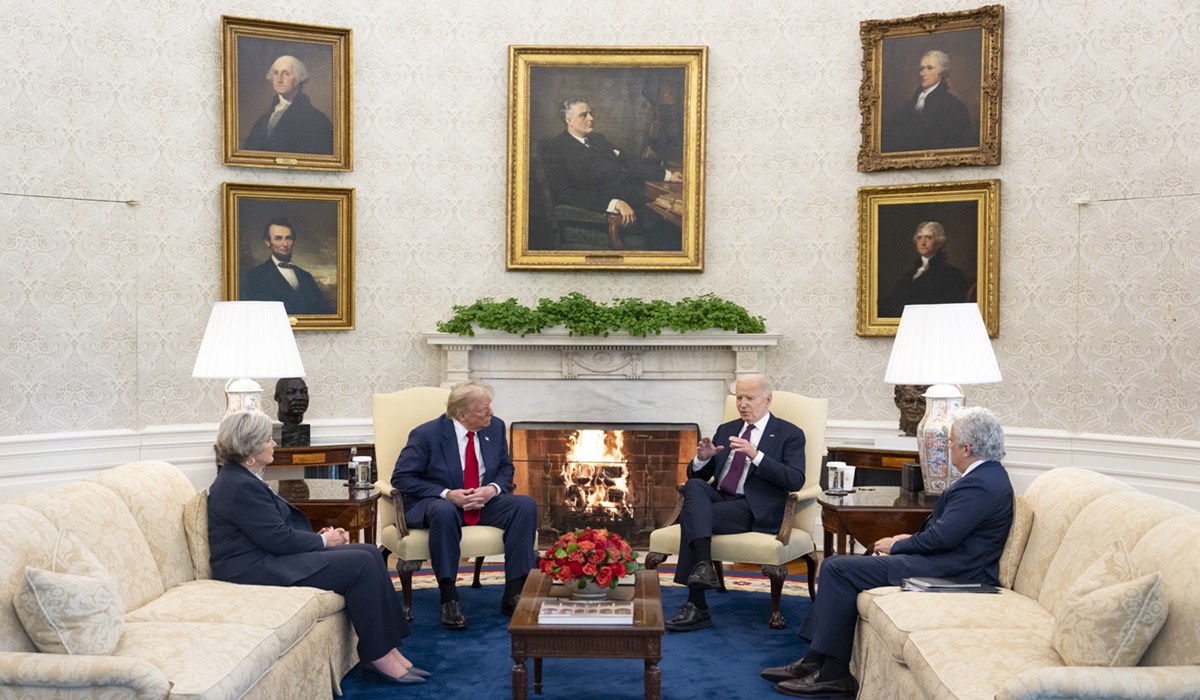America’s 10th Amendment: The Most Powerful Amendment Nobody Talks About
- TDS News
- Breaking News
- U.S.A
- April 26, 2023

The Tenth Amendment to the United States Constitution is often referred to as the most powerful amendment that nobody talks about. Passed by Congress in 1789 and ratified in 1791, it is the last of the amendments that make up the Bill of Rights. In simple terms, the Tenth Amendment establishes that any power, law, right or restriction not specifically delegated to the federal government by the Constitution, nor prohibited by it, is reserved to the states or the people.
This means that state governments are granted a wide range of powers that are not subject to federal oversight. In effect, this gives states a significant degree of autonomy and allows them to create laws and regulations that are unique to their specific needs and circumstances. While this may seem like a good thing, it can also lead to a number of problems, particularly when states enact laws that conflict with federal statutes or with the constitutional rights of individuals.
For example, some states have enacted laws limiting certain groups’ rights, such as LGBTQ+ individuals or women seeking abortions. While these laws may be legal under state law, they may violate federal constitutional protections. This can lead to legal challenges that can take years to resolve, causing confusion and uncertainty for individuals who are affected by these laws.
In recent years, there has been a growing movement to reform state governments. Many advocates argue that the Tenth Amendment has been interpreted too broadly and has allowed states to enact laws that are harmful to their citizens. One such advocate is Melissa Walker of the States Project, an organization that is dedicated to educating Americans about the importance of state-level politics and the role that citizens can play in shaping the policies of their states.
In a recent appearance on the PoliticsGirl podcast with Leigh McGowan, Walker discussed some challenges facing citizens who want to make a difference in their states. She educates listeners that one of the biggest challenges is the lack of attention that state-level politics receives. While many people are focused on national politics, state-level elections and policy decisions often go unnoticed, even though they can significantly impact people’s lives.
McGowan points out that over the last few decades, Republicans have been heavily investing billions of dollars into state elections across the country. This strategy has proven successful as they have been able to gain power in many state legislatures and governorships. With control of these state governments, Republicans have been able to implement their agenda on a local level, passing laws that are often restrictive and infringe on civil rights. Furthermore, this has given them the power to redistrict maps in a process known as “gerrymandering,” which allows them to maintain their power and control even in areas where Democrats have a majority of the population.
In contrast, Democrats have largely focused on federal elections, with much of their attention on winning control of Congress and the presidency. While this approach has allowed them to achieve some significant victories at the national level, it has also left them vulnerable in many state elections. Without control of state governments, Democrats have been unable to push their agenda forward on a local level and have been largely unable to prevent Republicans from implementing their restrictive policies. As a result, the current political landscape in many states is heavily skewed in favour of Republicans, with many Democratic voters feeling disenfranchised and frustrated with the current state of affairs.
The emphasis on being an active voter year-round is paramount and was stressed by Gowan’s guest, Walker. She stressed the need for citizens to remain immersed in the voting process as the laws being passed by Republican State legislators are often the result of a lack of engagement by citizens in the political process and that it is up to ordinary people to make their voices heard and push for change.
It is clear that state-level elections heavily influence the political landscape in America. With Republicans pouring billions of dollars into these races and gaining control of state governments, they have been able to pass restrictive laws and redraw district maps in their favour while infringing on many Americans’ civil rights. This trend is concerning and highlights the importance of being actively involved in the voting process, not just at the federal and state levels.
It is critical for citizens to understand the power and impact of state-level elections on their daily lives. By participating in these elections, individuals have the ability to shape their local communities and influence policies that directly affect them. Voting in state-level elections ensures that every citizen’s voice is heard and helps to prevent the manipulation of electoral districts for political gain. As such, there is an urgent need for all Americans to remain active and engaged in voting during presidential elections and state-level races. Only through active participation in the political process can we ensure that our democracy is truly representative of the people.








